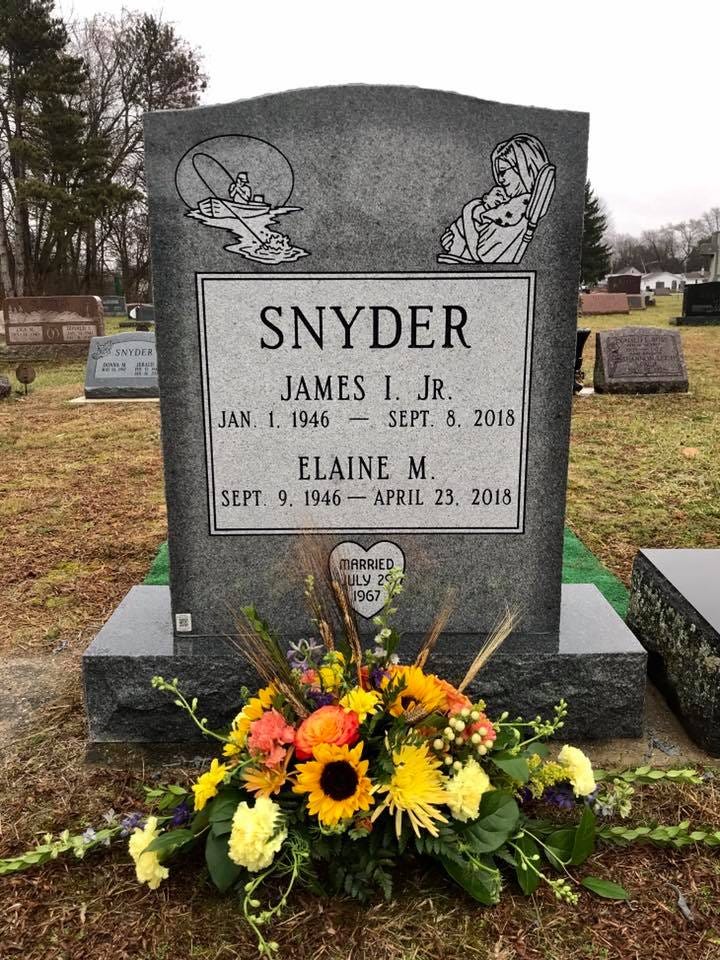What We All Have in Common
Reflections on Parents & Sin
Every one of us, all humans everywhere and at all times from beginning to end, have one mother and one father whose choices of what to do with their bodies gave us a life to live. Because of this commonality, all humans seek to come to terms with what this means to them, particularly how it has impacted them today and what they should do about it. I, like many, went through a typical pattern that for me looks like this:
I’m under 12 - I need my parents.
I’m between 12 - 18 - My parents are dorks.
I’m between 19-39 - I don’t need (and even hate…some of the time) my parents, and there’s something wrong with them.
I’m between 40-49 - I really want my parents around, and I’m like them in many ways; I wonder why we are the way we are. And why am I doing what I have always said I hate about what they did to and around me growing up?
I’m 52 - and today, my heart aches for their presence. I love them, and my heart goal is to honor them by taking advantage of the strengths they’ve given me. I also seek to grow stronger in how I am aware of and address my own sin. A part of this awareness is recognizing specifically how my parent’s general sinfulness and their particular sinful behaviors against me have worked against my best interests. These facts challenge me to increase the use of my own agency in making changes in my own life, or I could just blame my folks…
Unfortunately for some, your journey with your real parents is not devoid of criminality and/or fundamental dysfunction in their inability to provide for you as a parent. For some, your parent (or parents) abused and violated your integrity time and again, and for you, walking through steps like those above would have a different kind of gravity and complexity.
The primary besetting and, thus, destructive sin in my life is over-eating, which most simply is choosing to hurt myself to feel something different than what I am currently feeling. In my 20s and 30s, especially, I tended to blame my parents for my choices. This is typical, isn’t it? Growing up is hard to do, especially when you honestly face the impact of being raised by humans and not by inhuman super-saints.
I remember when I chose to become morbidly obese. I was in my mid-20s and had my first significant failure at work. I chose to allow this failure to have a debilitating effect on my sense of identity, often tied to the need to please people. In this deep-pitted and scary place, I used food in great quantities in an attempt to feel better. As you can probably guess, regularly eating in a way that hurt me was not helpful in the long run.
So why did I choose this method to fix what I believed was wrong inside of me? I blame my parents. And their parents. And their parents. And their parents…and Adam and Eve, our first parents. All humans, everywhere, sometimes act the buffoon and choose to harm themselves and others. This reality opens the large theological can of original sin and how our inherited propensity towards rejection of God fleshes itself out in our living.
In an important sense, the reality of original sin is encouraging because it helps us not to be surprised that our parents were (and are for those still living) messed up in their own ways. What is interesting to me is how our response to sinfulness, both others’ sins and our own, is most important when it comes to whether our faith flourishes or flounders. Monday, I’ll reflect more on this, and in particular, why God's gift of grace is at work when I am sick to my stomach (and heart) after inhaling an entire pepperoni, bacon, and onion pizza (which is the best style of pizza by the way, and you ham ‘n pineapple people need help!) in four-and-a-half seconds flat.


